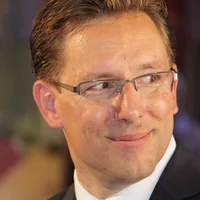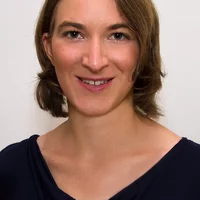Using fossil kerosene as main aviation fuel does not represent a viable option in a global economy complying with net-zero CO2 emission goals. Sustainable alternatives need to be developed: be it electric propulsion for short distances, hydrogen aircrafts, or synthetic liquid hydrocarbons. These synthetic hydrocarbons exhibit similar energy densities as today’s kerosene and are therefore the most promising alternative for intercontinental flights. They can be produced using biomass as feedstock or low-carbon electricity and CO2 from various sources. Using CO2 from biomass or captured from the atmosphere allows for potential carbon-neutrality. The aim of this project is two-fold: On the one hand, process technologies for different synfuels production pathways (including electrochemical CO2 reduction, thermochemical biomass conversion, and others) will be developed and improved by dedicated research groups at PSI and Empa. On the other hand, these synfuels production pathways will be evaluated in parallel regarding their economic and environmental performance applying Life Cycle Assessment (LCA). Thus, the environmental evaluation will not only address impacts on climate change, but also potential co-benefits and trade-offs regarding impacts on human health, ecosystem quality, and use of water, land, and other resources. The Technology Assessment group will work together with Empa’s Technology & Society Laboratory to carry out this evaluation. In addition, PSI’s Energy Economic group will analyze the potential and role of synthetic aviation fuels in low-carbon economies and their contribution to reaching the Swiss net-zero CO2 emission goal.
Reports
Treyer, K., Sacchi, R., Bauer, C. Life Cycle Assessment of synthetic hydrocarbons for use as jet fuel: “Power-to-Liquid” and “Sun-to-Liquid” processes. Paul Scherrer Institute (PSI), Villigen, Switzerland. Commissioned by the Swiss Federal Office of Civil Aviation (FOCA).
Project details
Partners:



